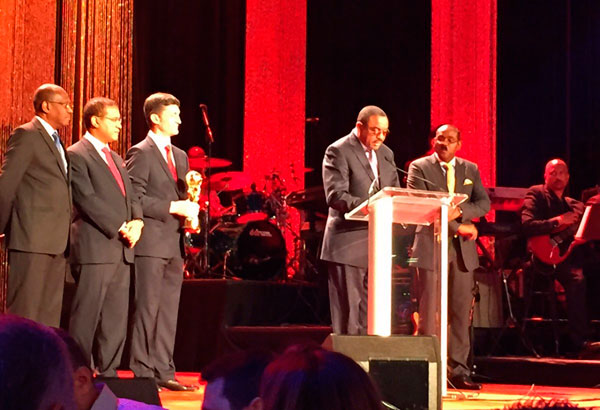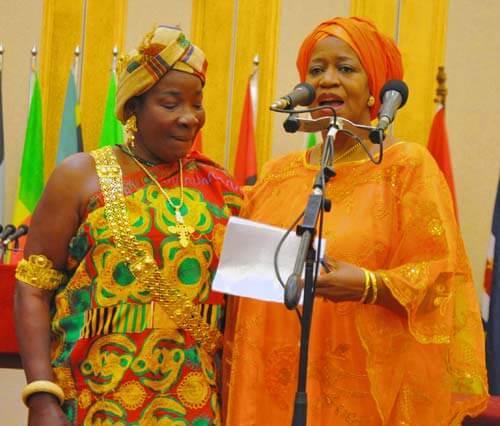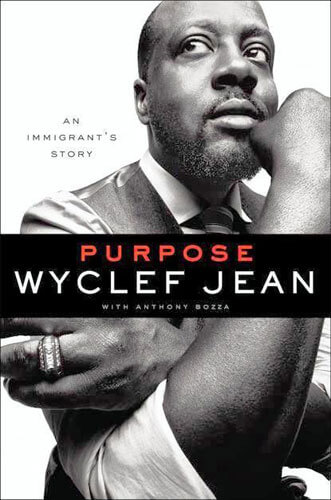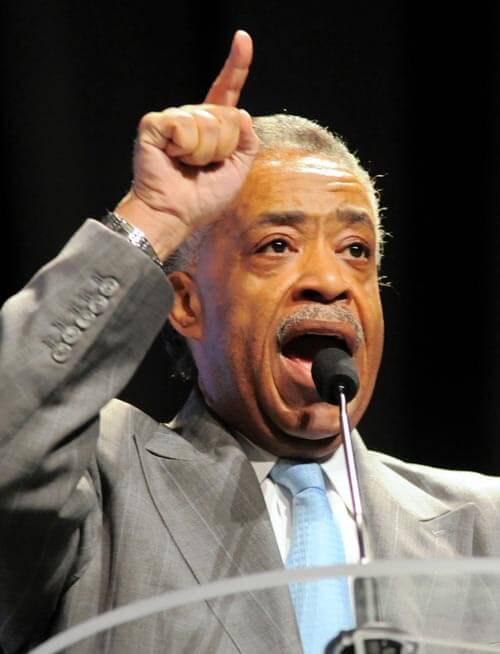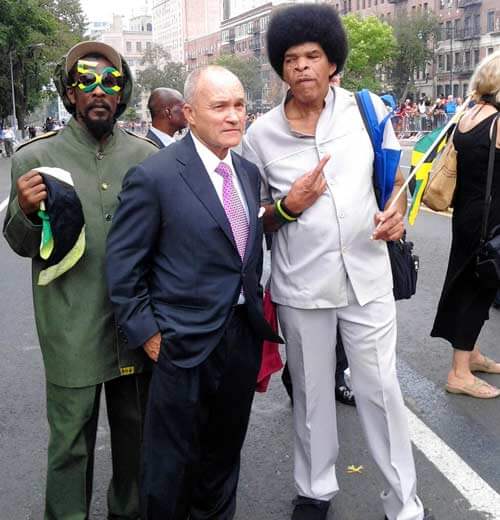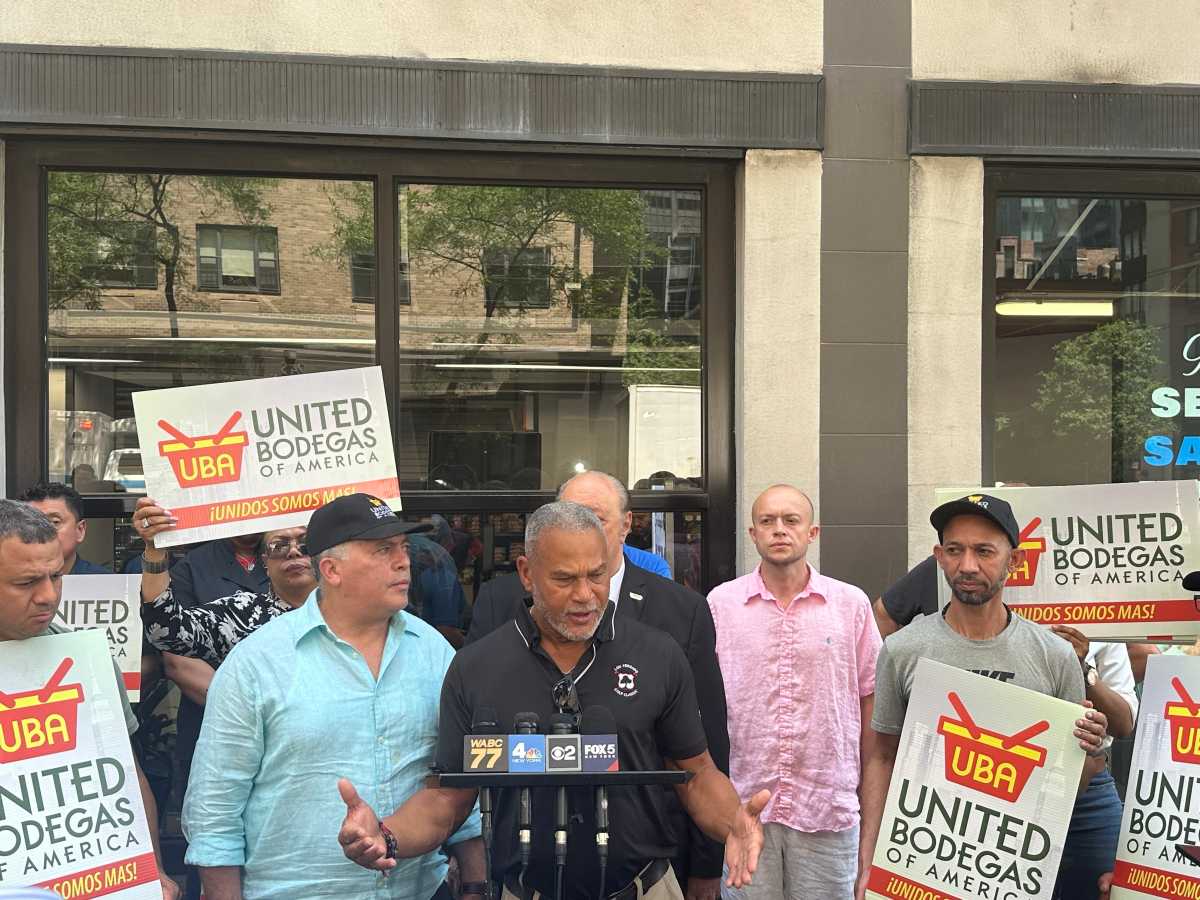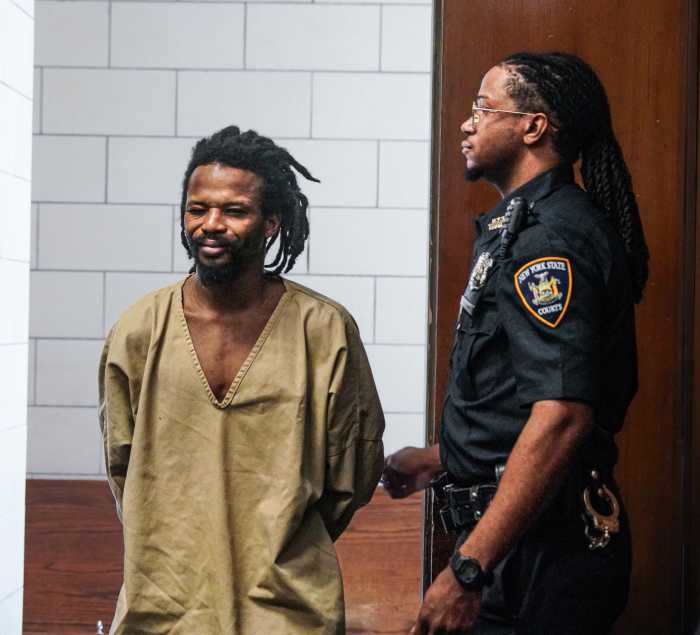If asked to sum up the last full week of September 2015, regardless of location, one would be hard-pressed to find the one word that best describes the events that shaped world opinion.
Beginning on an abysmal low from news of a stamped at the Hajj in Mina, Mecca, Saudi Arabia where an estimated thousand or more pilgrims died, to the celestial lunar super-moon eclipse shadowing a blood-red circle in the sky, the year ’s most eventful week ended on a high with millions looking up for the most ideal view.
The sadness of another Muslim travesty lingers, however, a global audience witnessed the joy and exuberance of disciples who gathered in four cities to welcome the world’s most-recognized religious shepherd.
Images of cheering crowds in Havana, Cuba beamed greetings to Pope Francis when he visited the Caribbean island.
That the Argentina-born pontiff from the Vatican addressed citizens there in a familiar, native tongue and is also the first from the Americas seemed more than religious, it was almost sacred.
Is the Pope catholic?
No need to ponder, when the pacifist arrived in the capital of the USA, the answer was evident he was not only Roman Catholic but catholic in appeal.
Thousands of disciples, agnostics, protestants, non-sectarians and yet to be defined individuals converged on the district to see and hear the 77-year-old messenger who would likely shine a spotlight on relevant issues affecting a global audience.
Met by President Barack Obama, first-lady Michelle, her mother Marian Robinson, and two daughters named Malia and Sasha who reside at the White House, the charismatic leader of the Roman Catholic Church immediately stole headlines in newspapers across the globe.
Stating a position on immigration, mistreatment of Native Americans, climate change, helping the poor and dispossessed, abortion, gay marriages, the death penalty, global refugee crises, volunteerism, senior citizens, youth and a myriad of other issues, the visitor from the Holy See amplified his message by invoking the names of four Americans he considered worthy of note. He described Abraham Lincoln as the “guardian of liberty” who “labored tirelessly that “this nation, under God, (might) have a new birth of freedom.”
The mention of Roman Catholic social activist Dorothy Day clarified the role she played in reforming the American justice system.
Perhaps equally enlightening was his acknowledgement of Monk Thomas Merton who he described to be “above all a man of prayer, a thinker who challenged the certitudes of his time and opened new horizons for souls and for the Church.” He added that the now-sainted American “was also a man of dialogue, a promoter of peace between peoples and religions.”
As the very first messenger from the Vatican to address a joint session of Congress, he probably united a divided congress saying: “I think of the march which Martin Luther King led from Selma to Montgomery 50 years ago as part of the campaign to fulfill his “dream” of full civil and political rights for African Americans.”
His inclusion of the revered Nobel Peace Prize winner and Civil Rights activist among only four prominent Americans he considered integral to emphasizing his message reminded the global viewing audience of a dream Dr. Martin Luther King Jr. described in a speech about the future of America.
“That dream continues to inspire us all,” the pope added.
“I am happy that America continues to be, for many, a land of “dreams.”
”Dreams which lead to action: to participation, to commitment; Dreams which awaken what is deepest and truest in the life of a people.”
In virtually every language, there were hallelujahs offered in his name after he addressed the bi-partisan representatives in Congress.
Throughout a hectic schedule in Washington D.C. which also included meeting with prison inmates; talking with victims of abuse and elevating 18th century missionary Junipero Serra to sainthood — enabling the very first canonization on U.S. soil.
Serra’s statue stands in the rotunda at the Capitol and a photo opportunity seemed inevitable for media wanting an image of the pope looking to the Franciscan friar who established 21 Roman Catholic missions in California.
Here, anticipation was high for the pontiff’s arrival to the Big Apple.
From the moment he looked out from the helicopter he rode to New York City, seeing the Statue of Liberty, a symbol for all immigrants, the immigrant, spiritual, leader must have confirmed his role as an advocate for the cause to citizenry.
Perhaps, most entrancing to global television viewers was the response from two Garifuna women who sang hosanna in response to the pontiff’s request for a song.
Amidst a sea of immigrants chosen by Catholic Charities to meet the papal head, the women took the lead in voicing a melodious tune in their native Honduran tongue.
They seemed blissfully blessed as if anointed by their expression.
The spiritual connection seemed to resonate with a dominant group of Africans, Mexicans and South Americans.
While he spoke repeatedly about tolerance to immigrants, he also directed a message to them.
“Do not be discouraged by whatever challenges and hardships you face,” Pope Francis said in Spanish. “I ask you not to forget that, like those who came here before you, you bring many gifts to your new nation.”
He added: “You are also called to be responsible citizens and contribute fruitfully to the lives of the community in which you live… By contributing your gifts, you will not only find your place here, you will help to renew society from within.”
His Biblical reminder of the Golden Rule re-stated “Do unto others as you would have them do unto you.”
That he addressed bigotry, lack of compassion for the poor and indigent, exploitation of women, abuse and a myriad of issues proved alluring to believers and non-believers of the faith.
Everywhere he spoke the father of the RC church echoed attention to remediating global and more compelling issues.
In East Harlem he tasked school students with homework.
“Remember to pray for me,” he humbly beseeched the pupils. The gesture seemed to assume his perception of his own duty as shepherd and messenger. In addition, those few words might have convinced his flock that he regarded himself as no higher than their pleas.
At Madison Square Garden where a capacity crowd of 19,000 listened intently to another list of priorities he believes in need of urgent attention, the pontification highlighted prayer, meditation and servitude. He gave mass there and like his message to world leaders gathered at the United Nations for the 70th session of the General Assembly championed the cause of protecting the environment, helping less affluent nations, aiding vulnerable people and avoiding war.
Similar to those adopted by the world body of leaders, he said:
“I pay homage to all those men and women whose loyalty and self-sacrifice have benefited humanity as a whole in these past 70 years,” the pope said. “In particular, I would recall today those who gave their lives for peace and reconciliation among people…the many United Nations officials at every level who have been killed in the course of humanitarian missions, and missions of peace and reconciliation.”
Although it is the fifth time a pope has addressed the auspicious group, it is the very first time, theVatican flag flew alongside those of UN members.
Some of the political leaders showed up early in advance of the South-South awards which celebrate the achievements of the global south in eradicating hunger. On an elevator at the Waldorf-Astoria Hotel, I spoke with Sir Rodney Williams, Governor General of Antigua & Barbuda. He seemed elated to endorse the principles associated with adoption of the post-2015 development agenda, all of which were addressed by the pope.
At those awards, Prime Minister Gaston Browne of the twin islands hosted the gala. He hailed Ethiopia for slashing the rate of poverty in his African nation by 57 percent. For this, his country was named a winner of the coveted awards.
Ethiopian Prime Minister Hailemariam Desalegn accepted the golden, globe symbol for implementing and hastening the Milennium Development Goals.
Simultaneously, Saturday evening, inside Central Park where thousands more assembled for the Global Citizen Festival, Beyonce pleaded concern for the very same issues by performing to 60,000 and a global television audience that watched the live proceedings. She sang from her repertoire but also gave a rendition of Bob Marley’s “Redemption Song.”
Throughout the week, regardless of race, gender, religion or nationality, the vision was the same, reduce poverty, lend a helping hand to the needy, strive for clean water everywhere and save the planet.
There was no digital divide, the reward for implementing those ideals were amplified with pontification, ‘blessed are the faithful.’
Sunday, after the Pope ascended the American Airlines 777 carrier, Philadelphians looked to the sky, reflecting on their city’s shining moment in September.
Everywhere else on the planet, afterwards, astronomers and observers of the galaxy searched upwards for a glimpse of the much-anticipated super-moon.
Allegedly, the solar system’s rare Blood moon has not presented an opportunity in 30 years. According to NASA, the spectacular work of nature occurs when two astronomical phenomena converges to shine a super-moon in total lunar eclipse as the earth moves in between the moon and the sun.
At that precise time, the moon appears bigger and brighter than usual as it reaches the point in its orbit that is closest to Earth.
The blood moon was visible from North and South America, Europe, Africa, and parts of West Asia and the eastern Pacific and will not re-occur until 2033.
Through the week’s many activities, I cannot help but marvel at times, l was privileged to see Ethiopian Emperor Haile Selassie I as he passed the round-about at Harbor View in Kingston, Jamaica. As the spiritual leader of Rastafarians, he attracted thousands of believers and non-believers to hear his message. Nostalgia also recalls an eventful evening at Madison Square Garden when I listened to the Nation of Islam leader Louis Farrakhan as he addressed a capacity crowd. Mostly the messenger spoke about unity, peace, forgiveness and atonement.
The summer I faced Lubavitch Grand Rebbe Menachem Schneerson at 770 Eastern Parkway, listening to his wisdom when the Crown Heights community faced turmoil stands significant in my mind.
Another of my many memorable recollections includes seeing and hearing Tibet’s Dali Lama when he spoke in Central Park.
I am neither Buddhist, Jewish, Rastafarian, Muslim nor Roman Catholic. Yet the appeal and message of spokespersons representing each of the spiritual groups remain indelible, significant, poignant and far more positive than ceremonial.
Last week with a red moon to in my sights, the most memorable September date no longer coincide with a tragic 11th date but an eventful week when global leaders committed to a global goal and the moon appeared bigger, closer and redder than I have ever witnessed and knowing for sure that in all pursuits, the sky is the limit.
Catch You On The Inside!


